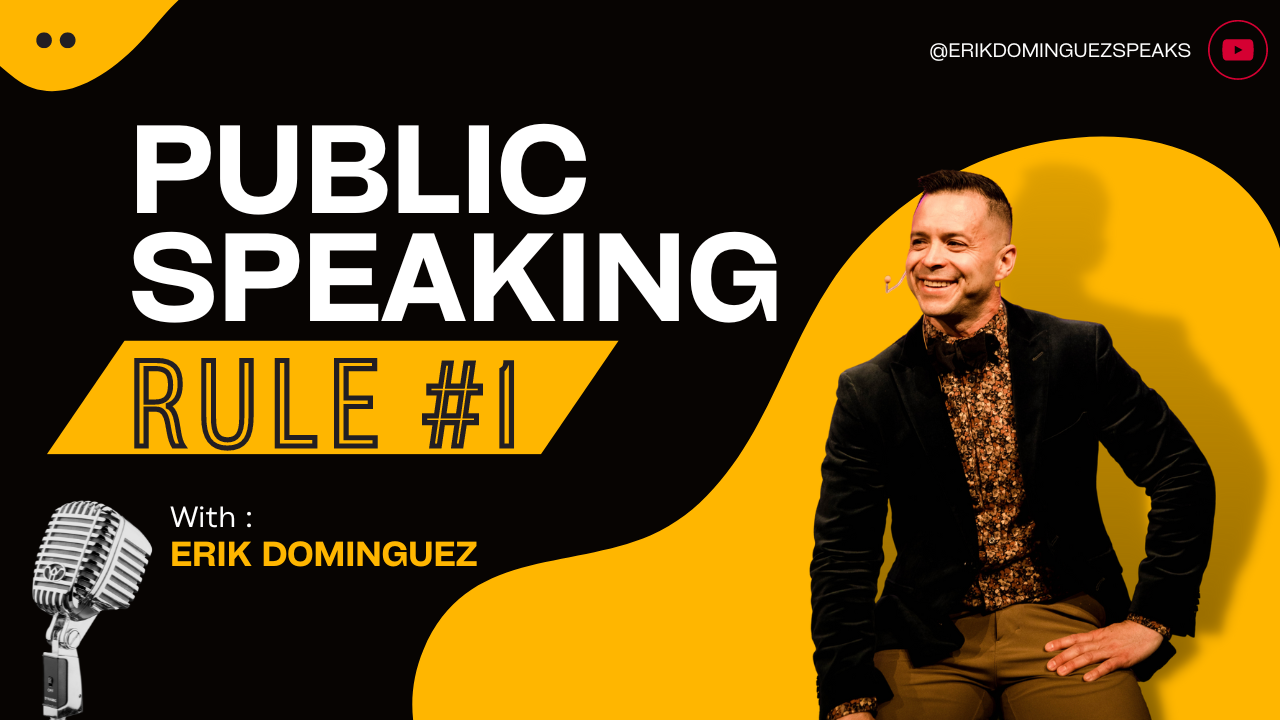🎤 + BENJAMIN FRANKLIN = BY FAILING TO PREPARE, YOU ARE PREPARING TO FAIL.
 THE ONE RULE OF PUBLIC SPEAKING
THE ONE RULE OF PUBLIC SPEAKING
Yes, there are many strategies to support you in being a more effective and engaging public speaker.
But there is only ONE rule you must adhere to: Your Time Limit.
WHY IT MATTERS
Harvard Business Review reported that senior executives spend up to 23 hours a week in meetings, a number that has increased every year since the 1960s.
Um, that’s a day.
Not a work day, like a FULL DAY! This rule is not just for professional speakers or keynote events. This rule is for audiences of one thousand and audiences of one.
BONUS WHY IT MATTERS
If you are a professional speaker, ask any event planner if it would be okay if you went extremely under time or over time.
SECOND BONUS WHY IT MATTERS
When you don’t adhere to time limits, you are being disrespectful of your audience and the people who pay you to speak.
MIC CHECK: THREE WAYS TO IMPROVE YOUR SPEAKING TIME MANAGEMENT
Here are three ways to improve your SPEAKING time management:
- Practice. I feel a bit foolish being so simplistic and obvious, but I can’t tell you the number of speakers (yes, even professional keynote speakers) who I talk to who don’t practice. Practice is important not just for obvious reasons. It is important because we often don’t know how long something will take to explain until we verbalize it.
- Focus. After you have practiced, if you find yourself overtime, there’s a good chance you are trying to cram too much information. Most audiences can handle only ONE main idea and three to seven concepts within that idea.
- Checkpoints. Remember how I said there were no public speaking rules? Well, use that to your advantage. Establish three to five checkpoints where you will intentionally look at your watch.
Another strategy is to be open and involve your audience! It is perfectly appropriate to say: “I respect your time and want to make sure I am being effective, so I am going to be looking at my watch periodically throughout.”
There are many more checkpoint strategies. If you are looking for more, respond to this email and we can talk it out as it relates to your talks!
Keep speaking up your story,

ENCORE: MORE TO EXPLORE

TIME IS A WAY TO MAKE (OR BREAK) CREDIBILITY
When speakers fail to manage their time, they undermine their own credibility. This failure can stem from inadequate preparation for the event or, even worse, from the speaker being so self-absorbed with their intended message that they disregard the allotted time. Both scenarios are highly damaging.

THEN THERE WAS THE TIME MY SPEAKING TIME WAS CUT SHORT (AND LONG)…
If you are a professional speaker, at some point, your speaking time will be extended or cut short. Both can be tremendously nerve-wracking, especially if you did not prepare for these scenarios. These are the stories of how I handled each occasion and what I learned about managing my time in speeches.


